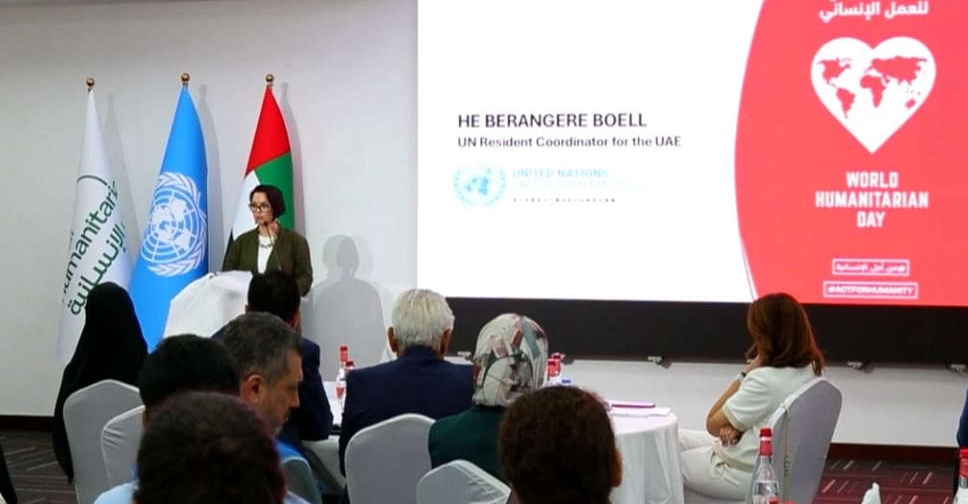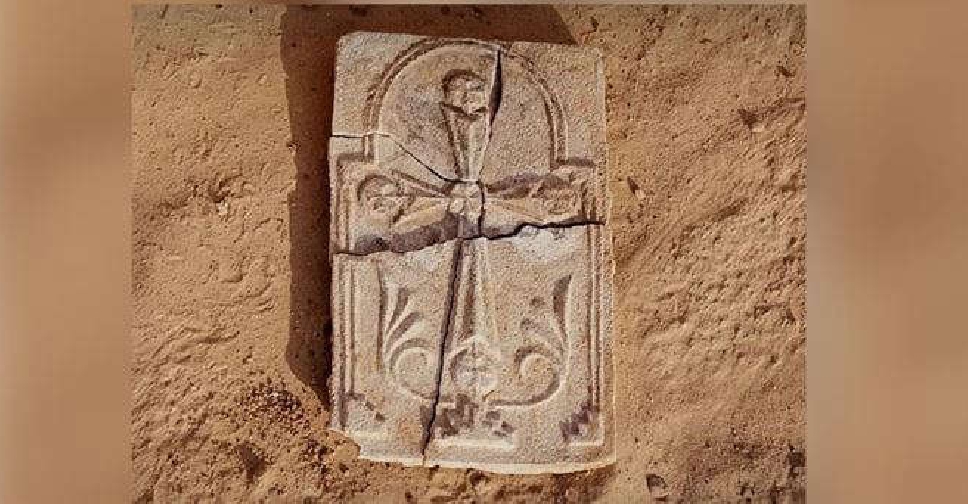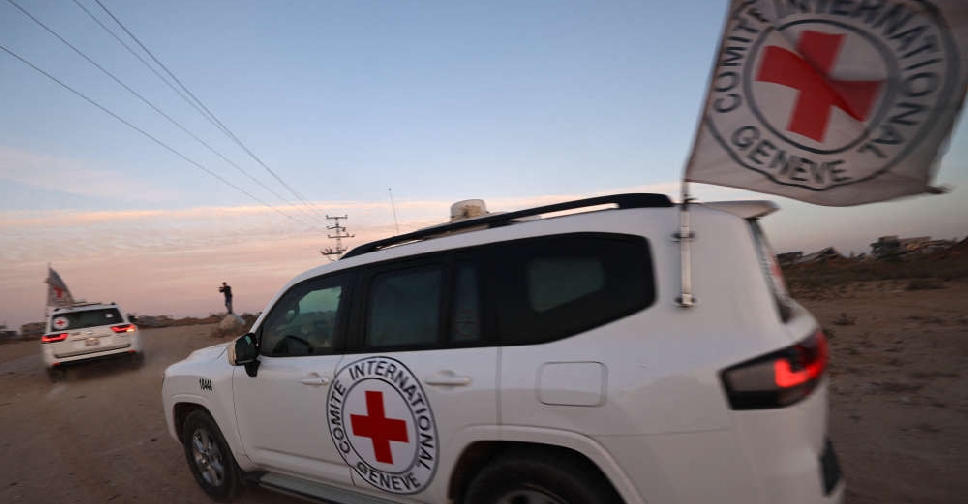
Israel is demanding the release of all 50 hostages held in Gaza, Israeli public broadcaster Kan cited the prime minister's office as saying on Tuesday, as talks on a proposed deal envisaging a 60-day truce and release of half the hostages continue.
Efforts to pause the fighting gained new momentum over the past week after Israel announced plans for a new offensive to seize control of Gaza City, and Egypt and Qatar have been pushing to restart indirect talks between the sides on a US-backed ceasefire plan.
The deal is nearly identical to a proposal Washington put forward earlier this year, a spokesperson for mediator Qatar said on Tuesday. Hamas rejected that deal in July.
Under the deal, ten Israeli hostages held in Gaza will be returned along with the bodies of 18 others, spread out over 60 days. Israel says that of 50 hostages held by Hamas and its allies, 20 are believed to be alive.
In exchange, Israel will release 150 detained Palestinians it sentenced to life in prison and 50 Palestinians it sentenced to more than 15 years. For each body Hamas returns, Israel will return the bodies of 10 Palestinian militants.
Israel will permit aid to enter Gaza with the involvement of the United Nations and the International Committee of the Red Cross.
The proposal includes the release of 200 Palestinian convicts jailed in Israel and an unspecified number of imprisoned women and minors, in return for 10 living and 18 deceased hostages from Gaza, according to a Hamas official.
Two Egyptian security sources confirmed the details, and added that Hamas has requested the release of hundreds of Gaza detainees as well.
The proposal includes a partial withdrawal of Israeli forces, which presently control 75 per cent of Gaza and the entry of more humanitarian aid into the enclave, where a population of 2.2 million people is increasingly facing famine.
The last round of indirect talks between the sides ended in deadlock in July, with the sides trading blame for the collapse. Israel had previously agreed to the outline, advanced by US special Middle East envoy Steve Witkoff, but negotiations faltered over some of its details.

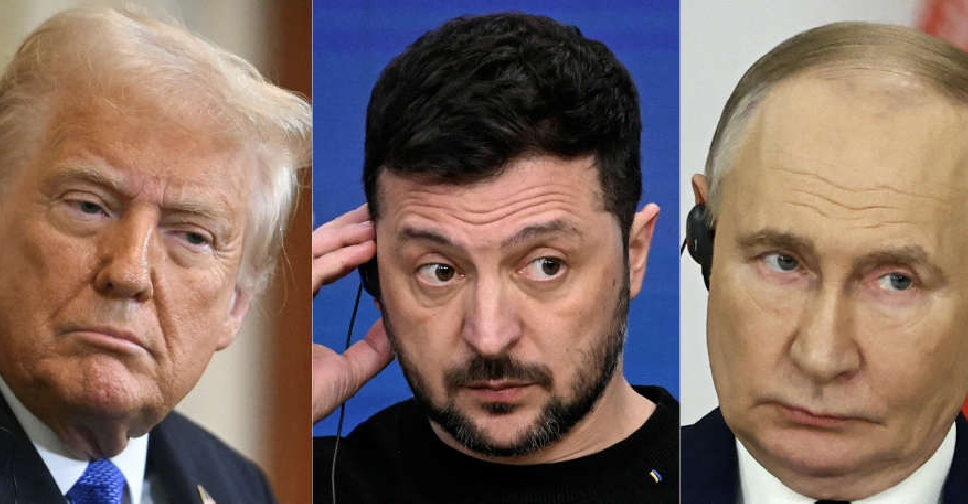 Trump says Putin 'tired' of war, but possible he doesn't want to make a deal
Trump says Putin 'tired' of war, but possible he doesn't want to make a deal
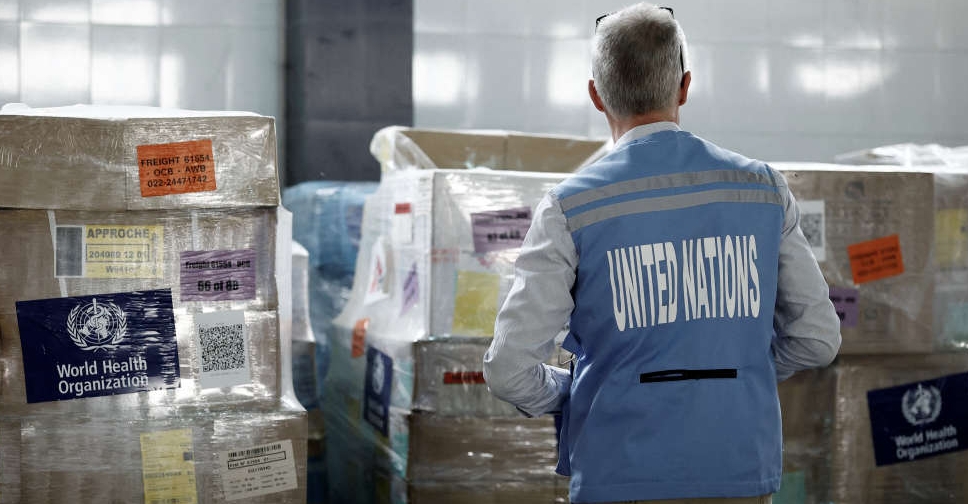 Killing of aid workers surges to record high during Gaza war, UN says
Killing of aid workers surges to record high during Gaza war, UN says
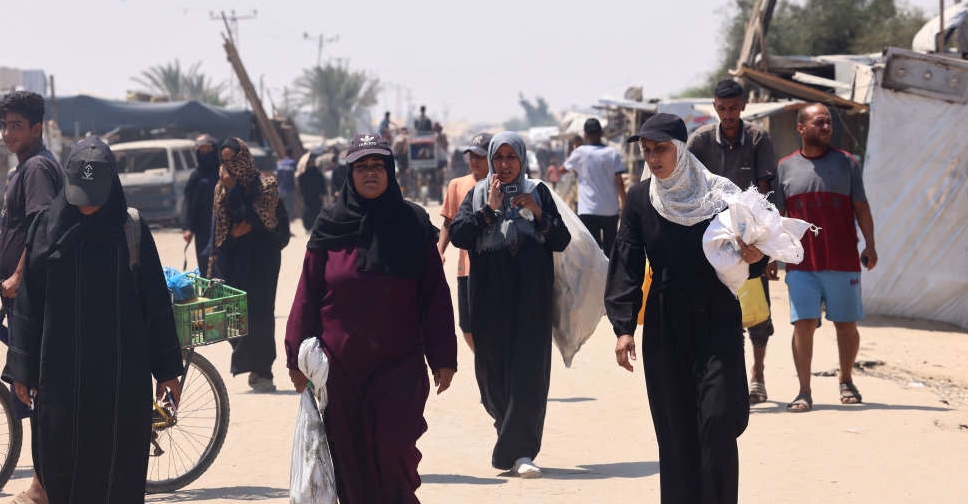 Israel studying Hamas reply to Gaza ceasefire proposal
Israel studying Hamas reply to Gaza ceasefire proposal
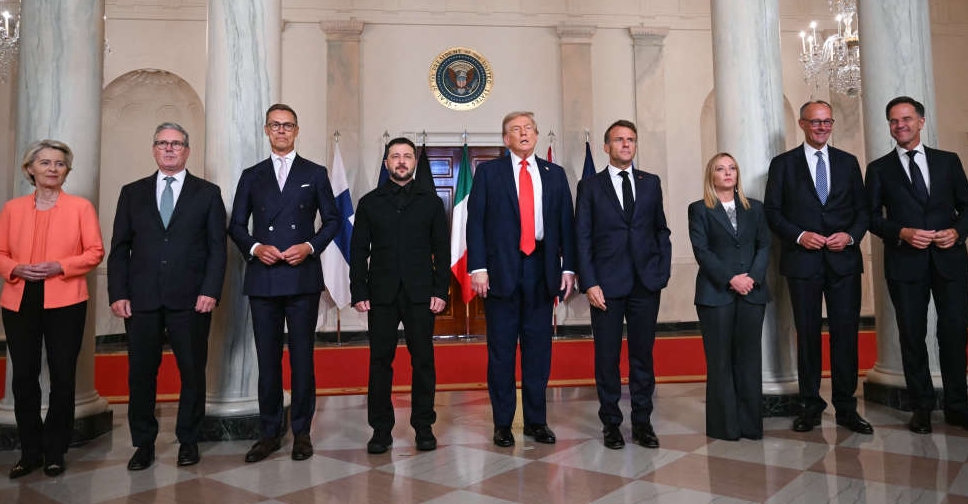 US would help assure Ukraine's security in a peace deal, Trump tells Zelenskyy
US would help assure Ukraine's security in a peace deal, Trump tells Zelenskyy
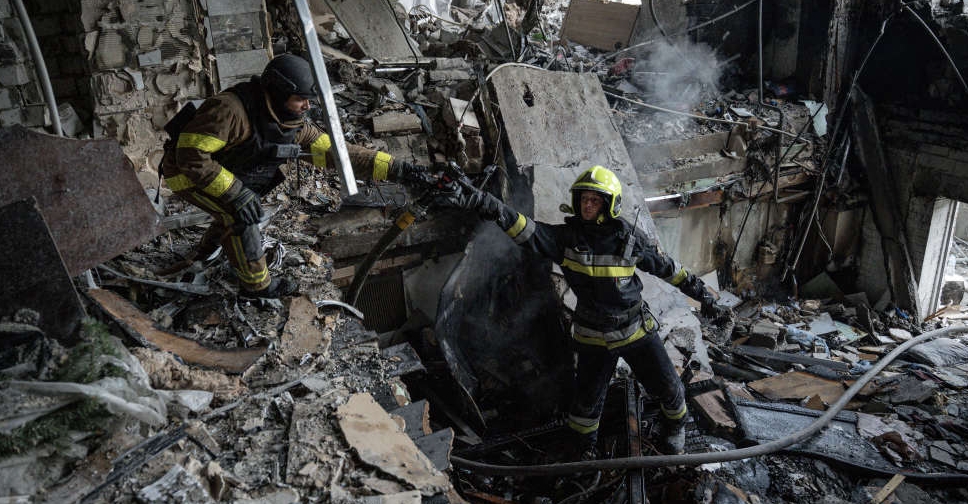 Overnight Russian attack shows Putin does not want peace, Ukraine says
Overnight Russian attack shows Putin does not want peace, Ukraine says

